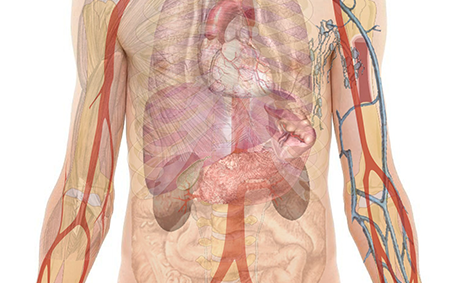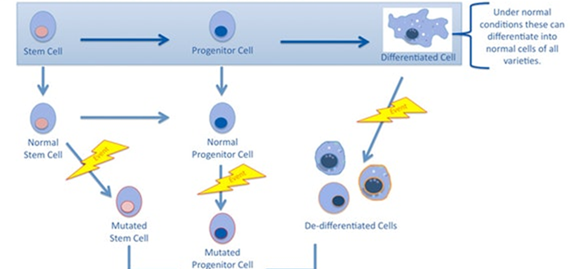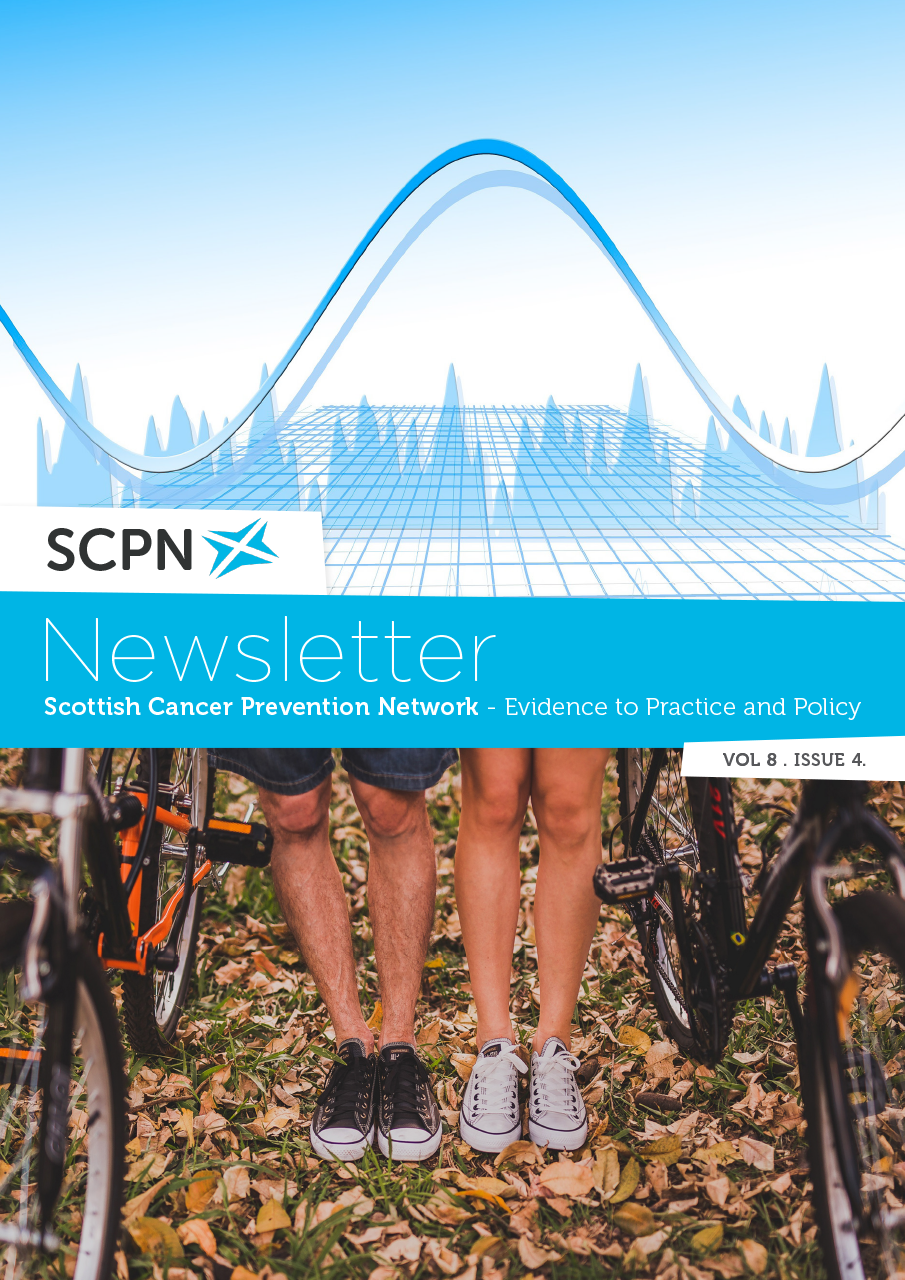
Ask the Experts – Liver Cancer

18 Oct 17 |
Prof John F Dillon, University of Dundee
Dr Michael Johnston, NHS Greater Glasgow & Clyde
How big a problem is liver cancer in Scotland (and is it getting bigger)?
The main form of liver cancer is hepatocellular carcinoma (HCC). Although the majority of cases occur in developing countries it is becoming a bigger problem in the UK. In 2015, HCC was 7th overall in terms of cancer mortality in Scotland.
How important is obesity as a cause of liver cancer?
Obesity is the main risk factor for non-alcoholic fatty liver disease (NAFLD) which can lead to cirrhosis and HCC. In recent years the number of liver transplants performed for NAFLD and HCC associated with NAFLD have risen several-fold. In one centre just south of the border, NAFLD was the most common underlying aetiology in transplants for HCC.
Can you explain how obesity contributes to the development of liver cancer?
Though still not completely understood, insulin resistance, intestinal dysbiosis (an imbalance of beneficial and harmful bacteria in the gut) and an increased pro-inflammatory state appear to be key.
Progenitor cells, abundant in fibrosis and associated with cancer, are thought to be one reason why cirrhosis is associated with HCC. In NAFLD progenitor cells are found even without fibrosis.
Can you detect liver cancer early and stop or delay its progression?
Surveillance in cirrhosis with biannual ultrasound has been shown to reduce mortality from HCC. Whereas transplantation and resection exist as curative treatments, the greater challenge remains risk stratification of the spectrum of NAFLD within our obese population. Risk assessment scores do exist. However, the driver to use them often depends on the initiative of individual clinicians acting on incidental findings of fat on ultrasound or abnormal liver biochemistry.
Everyone thinks that alcohol is a major cause of liver cancer but is it true that obesity is a greater risk?
It is true that historically alcohol related cirrhosis has been the most prevalent risk factor for HCC in Scotland. In alcohol related disease it is predominantly the presence of cirrhosis that confers risk, whereas in NAFLD the risk of HCC exists even before cirrhosis which may delay detection of HCC. Furthermore, obesity and the “metabolic syndrome” do not exist in isolation. Features of the metabolic syndrome occur in other aetiologies, including alcohol. The cumulative effect is the rise in HCC mortality we see today.


The SCPN Newsletter: Volume 8, Issue 4
The last issue of 2017 packed full of the evidence and examples of good practice underpinning cancer prevention in Scotland. In this issue: Moving More: A workplace challenge, Yorkshire Bike Libraries, ActWELL Study - Full steam ahead, Reflections on 'gender neutral' HPV immunisation, Ongoing Scottish Research and more.